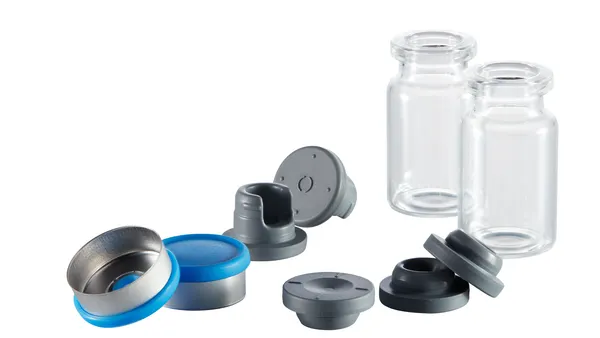Dive Brief:
- Local pharmacies in South Carolina, which shut down during the state's mandatory evacuation due to Hurricane Florence, left patients in need of medications with few options, ABC News 4 reported.
- Governor Henry McMaster's evacuation order forced patients to hospitals, thereby putting additional stress on those hospitals' pharmaceutical inventory reserves.
- Doug Baldwin, director of pharmacy for Trident Medical Center, stressed the need for better future coordination between the state and pharmacies so critical medications can be filled ahead of evacuations.
Dive Insight:
Hurricane Florence hit the North Carolina coast last week, but the impact of several feet of rain that caused massive flooding and loss of life continues. Many factories, distribution centers, farm operations and transportation providers were damaged. This was compounded by the loss of local labor, as those families impacted by the storm try to get their personal lives in order. In many areas, commerce came to a standstill.
For pharmacies, supply problems become exacerbated during times of crisis, creating heightened risk for patients in medical need. Like many large retailers, pharmacies utilize sophisticated inventory control techniques that minimize store inventories and cater to local customers, some of which might have evacuated and left their drugs behind.
In addition, many controlled substances provide for limited quantities to be dispensed to patients, creating urgency and fulfillment uncertainty for patients. Many medical benefit plans require that patients use central pharmacies for their long-term prescriptions. Large storms always impact regional and local logistics, creating shortages.
For the supply chain manager, this storm brings with it fresh reminders that supply chain links can twist in ways which only become clear when they are broken. While most companies have some level of resilience plans for normal or even advanced risk, the ever increasing size of natural disasters can swamp those plans in a heartbeat.











